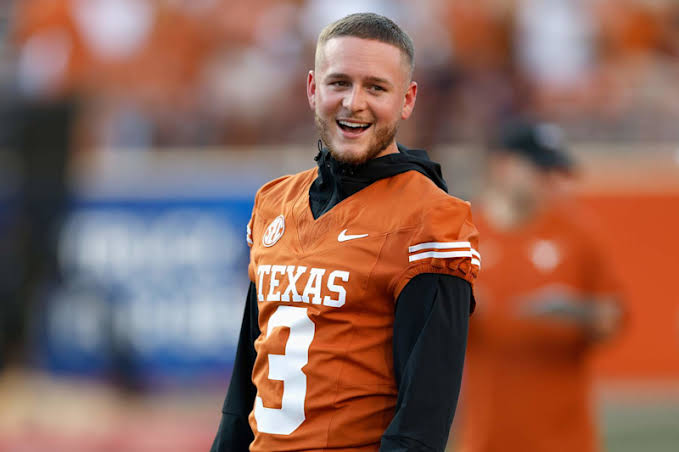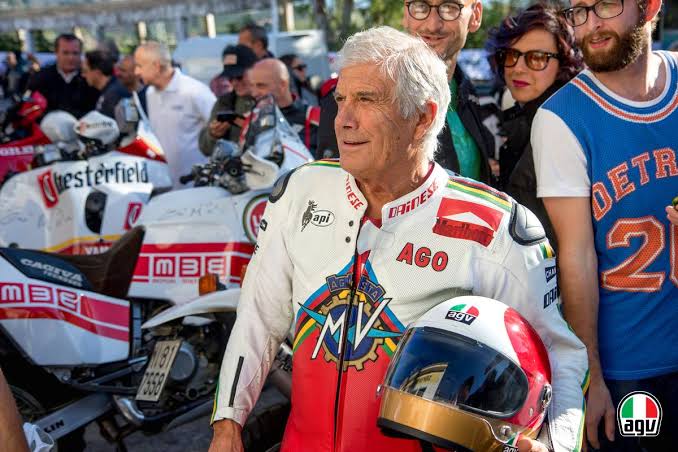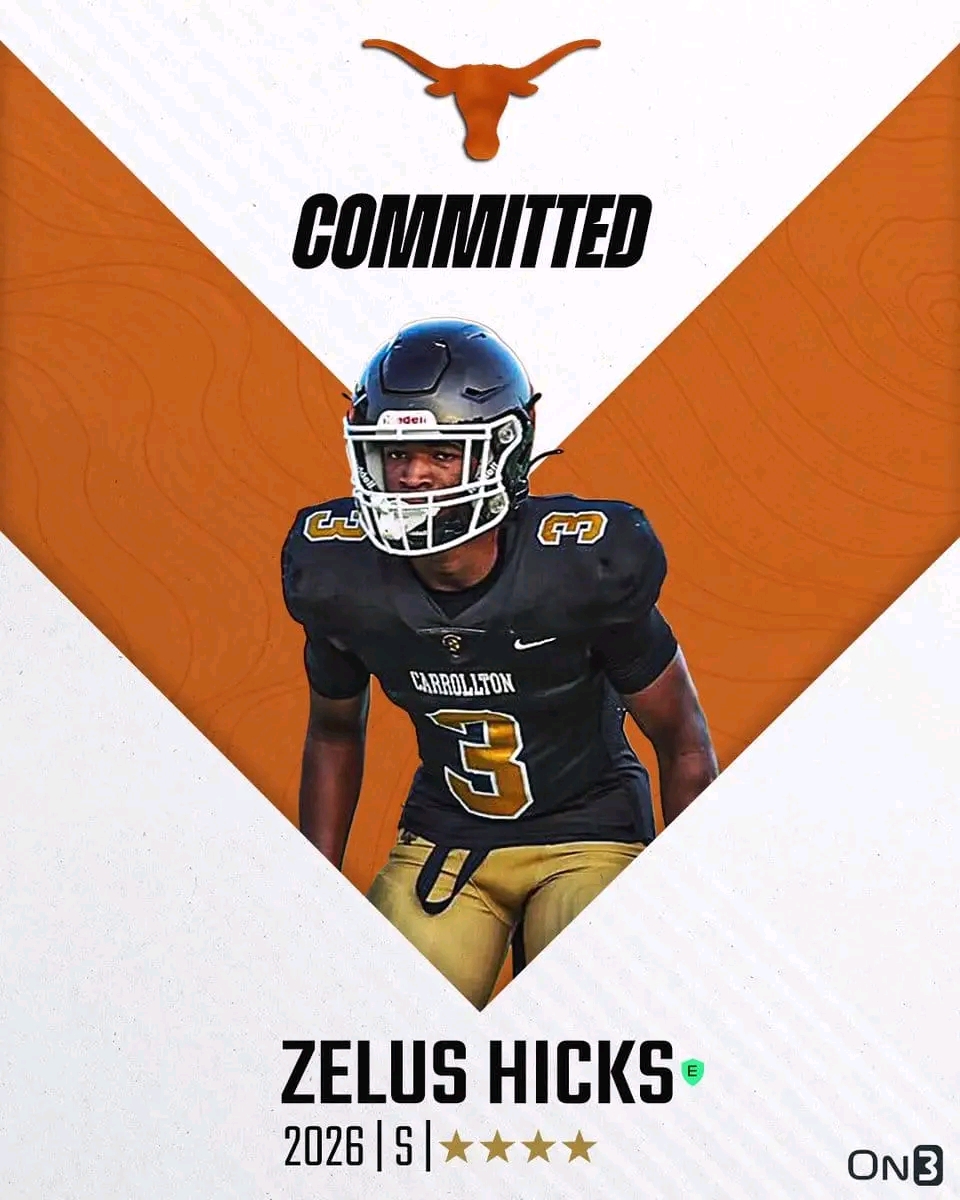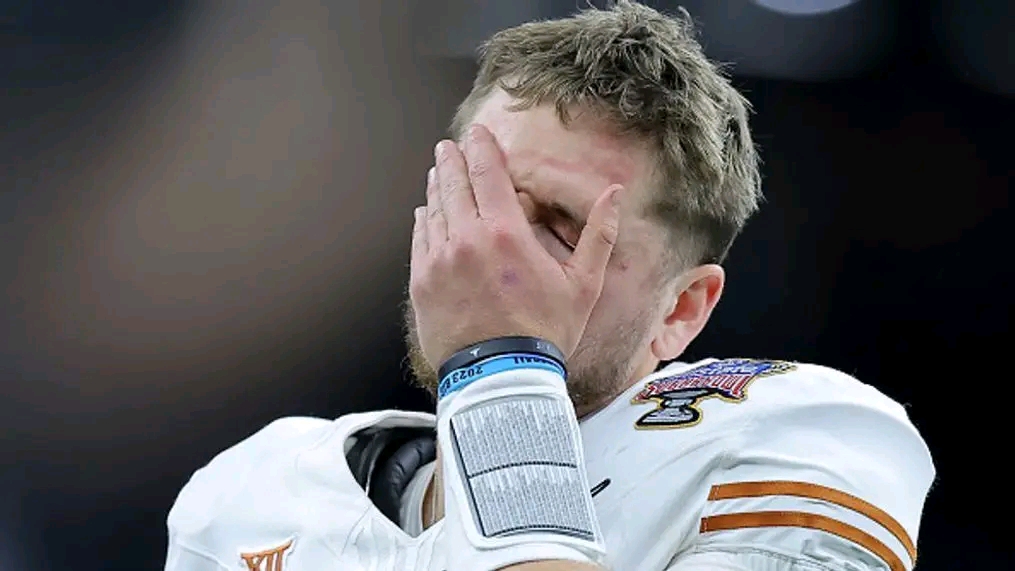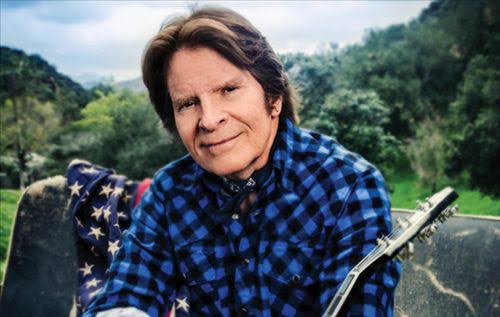
John Fogerty surprised everyone today by declining a $6.55 billion offer.
John fogerty shock everyone today after rejecting hug money that was offered
John Fogerty On 50 Year Battle To Recapture The Music Of Creedence Clearwater Revival
In the history of recorded music, few battles between artist and label have remained as contentious for as long as the one between Creedence Clearwater Revival co-founding singer, songwriter and guitarist John Fogerty and Fantasy Records.
Following release of their self-titled, debut album in 1968, CCR would go on to sell more than 50 million albums worldwide. Fantasy owner Saul Zaentz would further embark upon a career as a film producer in the 70s, tallying three Academy Awards for Best Picture.
In 1980, Fogerty turned over his CCR royalties to Zaentz in an effort to exit his recording contract with the label. The litigious history between the pair that followed is well-documented, with the label exec infamously suing Fogerty for plagiarizing himself in 1985, a countersuit ultimately resolved in Fogerty’s favor by the U.S. Supreme Court.
While Fogerty has maintained ownership of his solo work, he’s attempted to reclaim the songs he wrote for CCR numerous times, ultimately resigning himself to the fate that it wasn’t liable to happen following an in person meeting with Zaentz in 1989.
The songwriter and guitarist slowly began making peace with his CCR songs, performing them first in front of veterans in 1987, while continuing to work them back into his live set following an unexpected encounter in Mississippi, exploring the mystery and folklore surrounding bluesman Robert Johnson at the crossroads in 1990.
Zaentz, who passed away in 2014, would eventually sell Fantasy Records to Concord Music Group in the early 2000s. From there, Concord restored the group’s royalties following the sale, with Fogerty paid a royalty on the CCR songs he wrote for the first time in nearly 25 years.
While he had learned to live with the idea he may never regain ownership of the songs, Fogerty was nevertheless urged to try one more time by his wife Julie, who initiated the recent conversations with Concord that led to his regaining a majority interest in CCR’s global publishing, capping a series of events spanning more than five decades.
Well, obviously and understandably, I didn’t want to put a whole lot of my faith or energy into it. You’ve been disappointed in such a deep way,” Fogerty explained. “I would kind of tell Julie, ‘Well, you know, honey, great. I appreciate you putting energy into it. But I’m not holding my breath, that’s for sure,’” he said. “I think the biggest thing I feel is relief – because I’ve been struggling with it for so long. To put it in a simple way, I always felt that it was wrong that I didn’t own my songs.”
I spoke with John Fogerty about the battle to recapture his CCR songs, having a new hand in curating the commercial placement of his music, American copyright law and performing on stage with sons Tyler and Shane. A transcript of our phone conversation, lightly edited for length and clarity, follows below.
Jim Ryan: Here we are in an era where everyone is selling their catalogs – you managed to buy yours. With some time to reflect now, just what does it mean to you having these songs back?
John Fogerty: There are many different emotions of course. I think the biggest thing I feel is relief – because I’ve been struggling with it for so long. To put it in a simple way, I always felt that it was wrong that I didn’t own my songs
.Way, way back when, when it first became clear to me that that was the situation, I felt shocked I think. It always seemed wrong. When you’re sort of helpless, you’re just struggling. There was a combination of all kinds of feelings – feeling helpless. And you’re also kind of angry that the other side – the one that owns your songs – is having a great time with them and earning a lot of money and deciding when and where to place your songs or the use of your songs. And all of that used to really bother me.
I think right now I just feel relief that I don’t have to keep struggling with it.
Ryan: I’ve read about you getting close to acquiring the rights in 1989. You had this face-to-face meeting with Saul Zaentz and Bill Graham. That obviously went south. Prior to this most recent round of negotiations was that the last time you had really substantially approached the idea of getting the songs back?
Fogerty: In a concerted way. That was the last time. It sounds like you must’ve read my book.
The fallout from those two meetings went on for years. I was strung along in, I would say, a haughty way. Like a cat playing with a mouse. And I believed and believed and believed – probably until 1994 perhaps, maybe even later.
Once, as I was jogging, I finally could hear the inevitable – that it was just not going to happen. And I finally fell down on the ground and realized that I had no hope.
So, at that point, I was relieved. Because I gave up the struggle.
Ryan: So 30 years go by after that. And you learn to live with that reality. 30 years later, Julie suggests trying it again. What was your initial reaction to that idea?
Fogerty: Well, obviously and understandably, I didn’t want to put a whole lot of my faith or energy into it. You’ve been disappointed in such a deep way. How can I say it? If you have something that’s really traumatic and negative, you have an aversion – you don’t want to go there again. And you also sort of look at it in a kind of fatalistic way.
I would kind of tell Julie, “Well, you know, honey, great. I appreciate you putting energy into it. But I’m not holding my breath, that’s for sure.
Ryan: I read that one of the first things Concord did was to reestablish your royalties. Even that is almost 20 years ago now. But did that sort of start to smooth the waters a bit or change things in terms of that relationship?
Ryan: I read that one of the first things Concord did was to reestablish your royalties. Even that is almost 20 years ago now. But did that sort of start to smooth the waters a bit or change things in terms of that relationship?
Fogerty: That would be about 2005. It seemed like a good idea to kind of reconnect. Because they had new ownership in Norman Lear. And, of course, his whole persona, on TV at least, was he seemed like a rather open and probably left of center person like myself. So that’s when that happened. And that was the atmosphere.
It was very wonderful that they reinstated my artist royalties which had been missing and denied to me since 1980. So that was a period of 25 years that I wasn’t paid artist royalties. And, eventually, there was an increase in that respect. So I kind of got close to them
But then… I think I’ll just say in a business way that record companies are corporations – they’re businesses. And they end up acting like businesses eventually.
I could see that while we had talked about the idea of me perhaps being able to purchase my copyrights at some point, I wasn’t financially able to at that moment. I had sort of crossed my fingers and opened the subject hoping we could figure out some sort of financial pay-as-you-go idea or something like that. It never got really specific. Because they obviously weren’t in a big hurry to do that – to say the least.
Of course, they own the masters to Creedence and, as time went on, went back to sort of doing whatever – placing the songs wherever they wanted to. Most of the time, I didn’t even hear about it when it was going to happen. The past several years, they have actually sent notices to me or Julie notifying us that something was going to take place.
Eventually, it just felt kind of like it did before. So, I didn’t get too involved. When it feels a little bit useless to make a big noise, you kind of stop making big noises.
Ryan: I’ve read the story about Bob Dylan sort of prodding you to perform “Proud Mary” in 1987. From there you sort of started to revisit some of the CCR material live, performing it first in front of veterans. What did it feel like initially as you started heading down that road for the first time in so long, revisiting that material?
Fogerty: At first, in 1987, I knew, even though I did a couple of things where I acquiesced a bit, I still had the mental and psychological stance that I wasn’t doing those songs. I felt pretty strongly about the way that I had been treated by Fantasy and Saul Zaentz. It was personal. Because, at the beginning, with Creedence, I was really the only artist on the label. And he was the only employee. So it was one-on-one basically. When things got a lot bigger – I think mostly through my efforts – you felt pretty responsible for their success. So to be cut out of sharing in the success was a bitter pill to swallow.
The day that I changed my mind was actually standing at the grave of Robert Johnson. That is a true story. I didn’t really know that that was going to happen that way. I didn’t seek that out. I was just a music lover and a blues lover – a mystery lover – that went off to Mississippi a few times in 1990 kind of tracking down the great mystery. I didn’t know why I was so compelled.
So I’m standing there at Robert’s grave. I had trouble trying to get in and touch the tree that I believed he was buried under. Because there was no marker or anything – this is all folklore. Then it took probably half an hour or so of dragging myself through bramble bushes and all the rest. There was also about three or four inches of water on the ground, so I was kind of doing like a fishing expedition.
But I had time to think about what I had just done. In the hot Mississippi sun, I wondered about what ever happened to Robert’s songs, you know? I didn’t know who his songs were credited to or owned by. I had the [mental] picture of some lawyer in a tall, big city building with a cigar owning Robert’s songs and it really disgusted me. I said in my mind, “It doesn’t matter, Robert! Everybody knows those are your songs! We all know that they belong to you.” And the minute that I said that, that’s when I realized, “Well, John, you’re in the same position. You need to be playing your songs before you’re laying in the ground like Robert Johnson.” It just became very clear.

